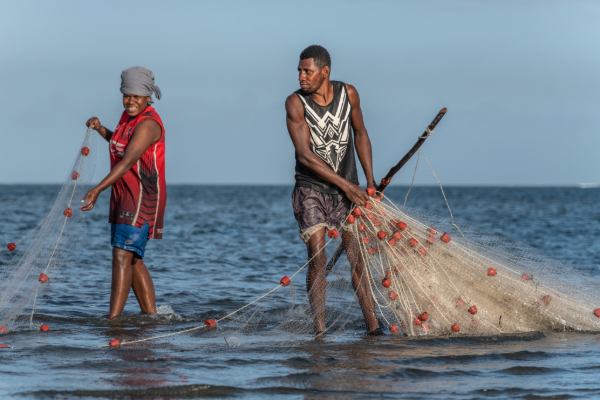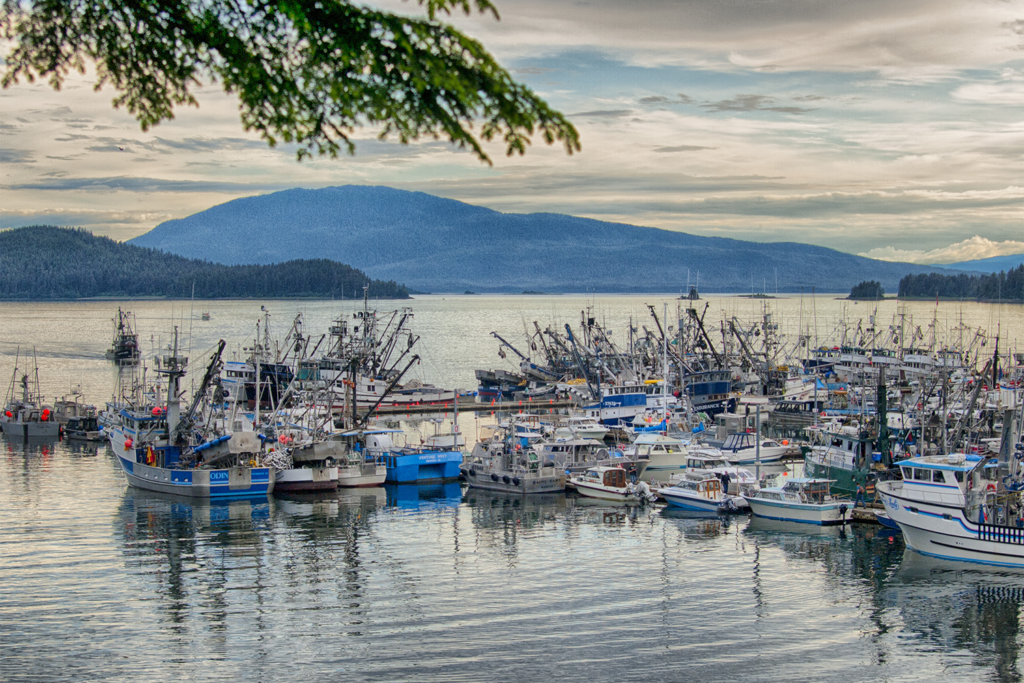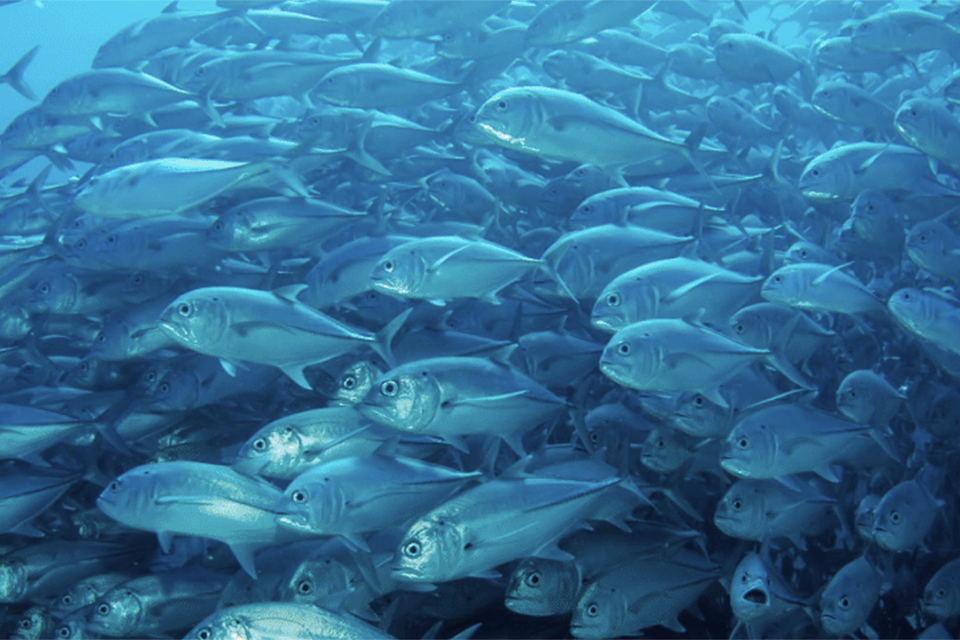Equity in ocean conservation and climate strategies crucial for achieving global sustainability goals, experts say

As the world races to reach global biodiversity and climate targets by 2030, a consortium of researchers and experts is calling for increased attention to equity “in dialogue and practice” when designing ocean conservation, adaptation and development interventions.
“To effectively achieve the world’s ambitions for sustainable development, climate change and biodiversity in ocean spaces, no one should get left behind,” said Dr. Stacy Jupiter, executive director of Marine Conservation for the Wildlife Conservation Society and a co-author of the paper. “There is a moral and ethical imperative for everyone to think carefully about possible unintended consequences of development and conservation actions. Putting equity up front as a key principle in policy and practice is a necessary first step in ensuring the well-being of all people who use and access the oceans and safeguarding our planet.”
The study, published in Nature Ecology & Evolution, stresses the importance of fairness in tackling the biodiversity and climate change crisis. The researchers emphasize that without ensuring everyone is treated fairly, there are risks for “harmful or maladaptive actions that will impact human health and well-being and exacerbate the vulnerability of marginalized populations.” This could also set back joint policy goals for climate, conservation and sustainable development.
“We urgently need a transformative change towards ocean sustainability,” said Dr. Joachim Claudet, senior research and ocean advisor for the French National Center for Scientific Research (CNRS) and lead author. “Such a change can only occur if we rally ocean actors towards more inclusive and equitable forms of sustainable development, climate change adaptation and conservation. In our paper, we propose key leverage points with actionable options for decision-makers to advance ocean equity.”
These actions include recognizing and ensuring meaningful participation of the full range of affected groups in ocean governance, including within marine spatial planning processes. For instance, inviting representatives of Indigenous peoples and small-scale fisher organizations to planning and policy meetings to ensure that their concerns are addressed. Big players like governments, NGOs and corporations should also focus on fairness in their internal decision-making processes and assess whether their actions are truly inclusive and fair for everyone involved.
How ‘local solutions’ to climate change may help food security and access to seafood
In efforts to address longstanding injustices in coastal areas and oceans, experts suggest the need for action to transform entrenched norms and systems. Additionally, they advocate for reparations in cases where past actions, often worsened by climate change, have significantly harmed the health and well-being of coastal communities.
“Hundreds of millions of people worldwide live near and depend on the ocean,” said Dr. Nathan Bennett, co-author, global oceans lead scientist for WWF and chair of the People and the Ocean Specialist Group for IUCN. “It only makes sense that their voices and needs are considered in decisions related to the ocean that will affect their lives. This includes the development of the blue economy, the creation of marine protected areas, and the implementation of climate actions. In short, equity must be at the center of ocean governance.”
Now that you've reached the end of the article ...
… please consider supporting GSA’s mission to advance responsible seafood practices through education, advocacy and third-party assurances. The Advocate aims to document the evolution of responsible seafood practices and share the expansive knowledge of our vast network of contributors.
By becoming a Global Seafood Alliance member, you’re ensuring that all of the pre-competitive work we do through member benefits, resources and events can continue. Individual membership costs just $50 a year.
Not a GSA member? Join us.
Author
Related Posts

Responsibility
High ocean temperatures helped make 2023 the hottest year ever recorded
A new study found ocean temperatures were “off-the-chart” in 2023, causing more intense weather patterns and impacting marine life.

Fisheries
Climate change intensifies inequalities in the availability of seafood nutrients
Researchers argue for nutrition- and climate-sensitive fisheries management with food-based trade policies to prevent a decline in seafood nutrients.

Responsibility
Experts discuss seafood nutrition, accessibility and sustainability amid climate change in the Southern Hemisphere
An expert panel of scientists convened by CRC discussed driving the blue economy while improving seafood nutrition, accessibility and sustainability.

Fisheries
Small-scale fisheries are ‘crucial’ to global food security – but can the sector satisfy the global demand for protein and nutrients?
FAO report underlines the vital role small-scale fisheries play in ensuring global food security and sustainable development.



